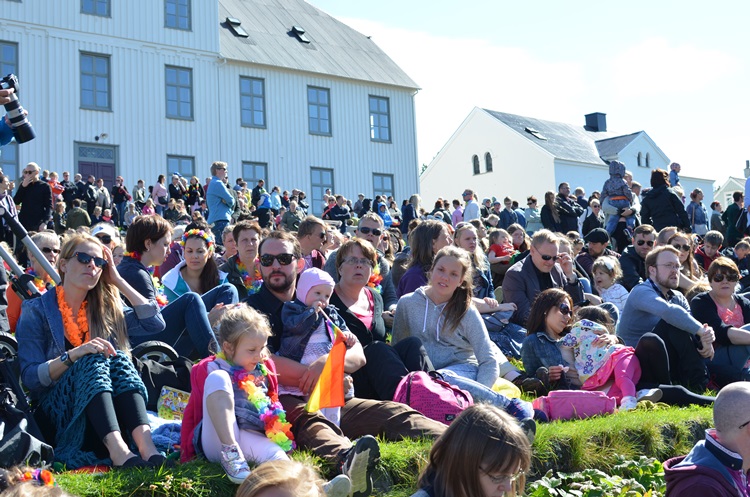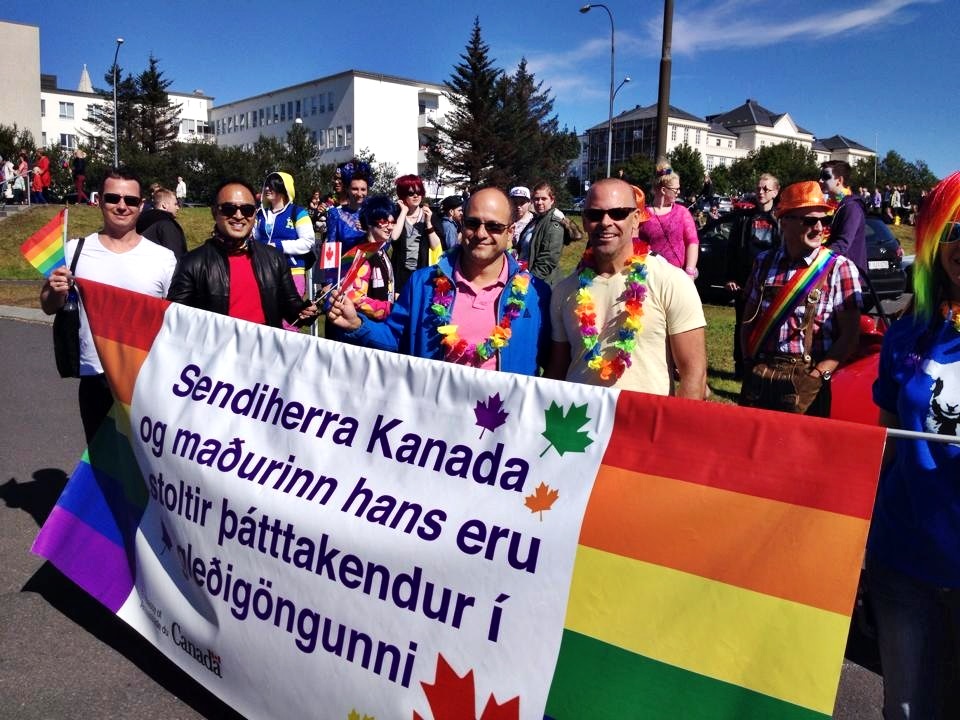Ambassadors of foreign countries are not necessarily the people you would expect to see in a Pride Parade, but the Canadian Ambassador to Iceland, Stewart Wheeler has marched in the Reykjavík Pride for the last two years with his partner Brian Armstrong, and they will be marching again this year.
On top of that Stewart will take part in a panel discussion about the message of the Canadian film Beyond Gay: The Politics of Pride. He says it is important to celebrate what has been achieved in the fight for queer rights but at the same time keep fighting for the rights of those that still live under oppression around the world.
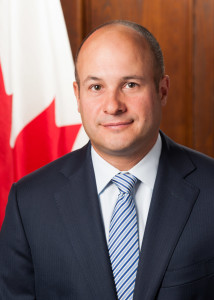
“In the last decade Canada has more than ever made it a priority to make human rights and LGBT rights a bigger issue internationally. We‘ve been very strident about human rights and persecutions of minority groups around the world and our foreign minister has been speaking out a lot in international organisations against repression of minority groups.
It is my belief that those of us that are fortunate enough to live in places where we have gained certain rights have an obligation to speak out for those who are oppressed. We should be holding the oppressors to account and defending and promoting human rights and human dignity as much as we can.
So being here in Iceland as an openly gay ambassador it seems perfectly logical to me that the Embassy, and me and my partner personally, should take part actively in Pride. I‘m of course doing this in the name of Canada as part of that global effort to promote human rights but it is very gratifying to be able to do it as a person too and say that not only is Canada proud to be here but my partner and I are proud to be here. Someone told us that we were the first openly gay ambassadorial couple ever in Iceland and I think it is an important step to be visible as such.“
On how it came about that he and his partner, Brian Armstrong, took part in the Reykjavík Pride Parade two years ago Stewart says that Hillary Clinton had a part in that – indirectly.
“I saw pictures of a previous Parade and was very impressed to see that the United States Embassy took part. They had a banner that said that the United States supported the Reykjavík Pride and a quote from Hillary Clinton saying “Gay rights are human rights“. Even though I was impressed by that there were two things that struck me. First of all, it was excellent to see that the US Ambassador led the group, but you could not tell that the ambassador was actually walking unless you recognised him, and I think it is a political statement from a country that the ambassador himself is walking in the Pride Parade.
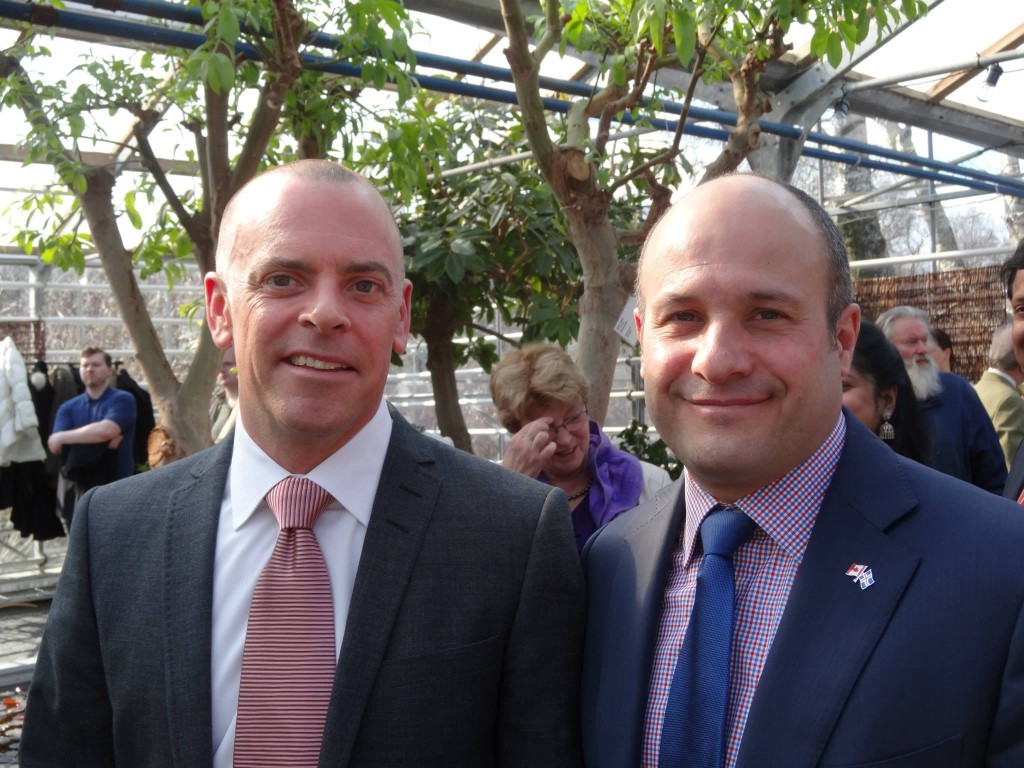
The other thing that struck me was that the message was in English. There are tens of thousands of people watching this – mostly Icelanders — and even though most Icelanders speak English it didn‘t feel right to not be addressing them in their own language.
So we decided our banner would say, in Icelandic: “Sendiherra Kanada og maðurinn hans eru stoltir þátttakendur í Gleðigöngunni“ (e. “The Canadian Embassador to Iceland and his partner are proud to take part in the Pride Parade“). Some people thought that made the banner all about me, but it was not about me, it was about the fact that there is a gay ambassador and that he is happy to make a point of it. It‘s a sort of the embodiment of the pride that we are supposed to be celebrating.“
“I missed the gay community though…So I organised the first gay diplomatic network in Afghanistan.“
This year Stewart will not only march in the parade but also be one of the participants in a panel discussion about the purpose of pride parades. “I wanted to do more and I decided to invite a Canadian filmmaker to Pride. It was in cooperation with other Canadian Embassies in the Nordic countries that we decided to invite filmmaker Bob Christie and show his film Beyond Gay: The Politics of Pride. He has already been to the Stockholm and Helsinki prides to show his film and discuss it‘s content. Bob is a great guy and loves engaging with the audience.
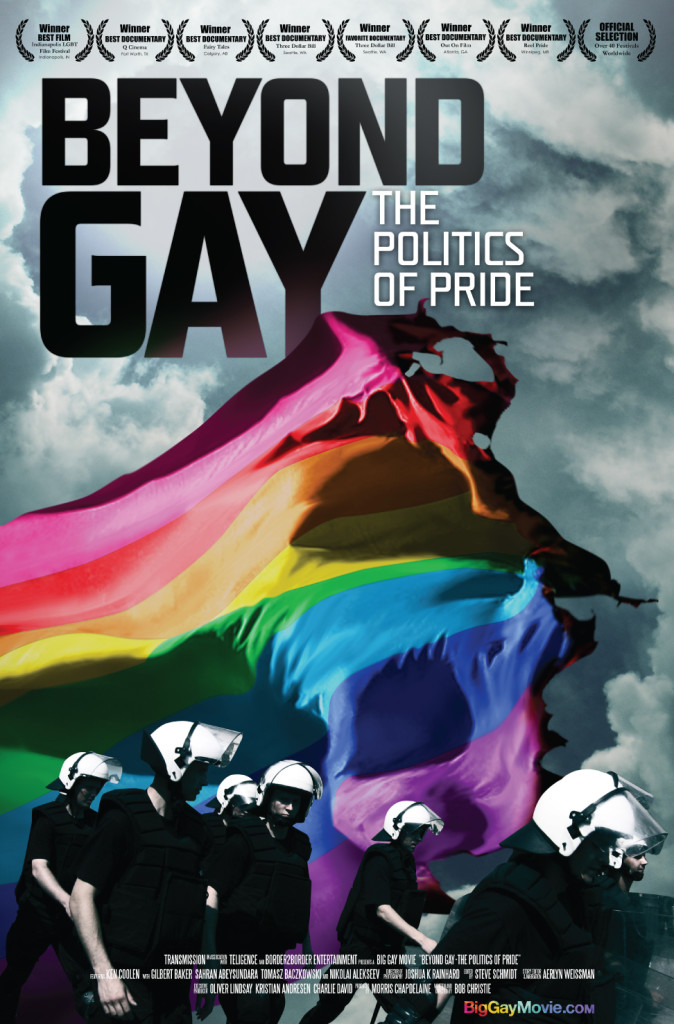
He made this film in 2009 on the eve of the thirtieth anniversary of Pride in Vancouver and I think the debate that took place there then sounds a bit like the debate that is starting to happen in Reykjavík: What‘s the real role of the pride now that we have come to the point where we have most of the rights we were fighting for?“
Speaking of queer rights, have you ever encountered hindrances for being gay in the foreign service?
“When I started in the foreign service 1994 the government of Canada had not officially recognised gay partners but I think that inside the foreign service there was already a lot of tolerance and acceptance. Before that time I remember hearing stories from the seventies and eighties that gay people could lose their security clearance and it was important to stay in the closet if you did not want to lose your job. In the nineties things moved fairly quickly in Canada.
There was no problem for me going to my first posting in Washington and bringing my partner with me, except he was not going to be recognised by the ministry. But within a year, the Canadian government started their first steps towards recognition of partnerships and the first thing they did was to extend the recognition of partnerships for public employees. Within a few years gay marriage was legalised in Canada and it all moved very quickly and almost overnight everything was changed.“
But you have been stationed in lot of different countries, where they all as open-minded?
“I think people in diplomacy internationally are very open-minded and tolerant, you can‘t go to another country and be judgemental about everything you see so you must have a certain openness. We were posted in Colombia where Brian was given full recognition as a diplomatic spouse. Colombia is of course a very Catholic country and you don‘t see gay people walking down the street holding hands, but there were gay restaurants, gay bars and an active gay community, so we never encountered any problems.
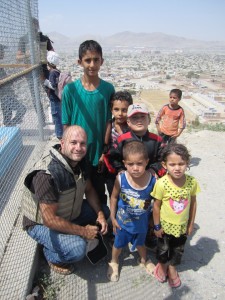
Then we were posted to London and there it is of course considered a normal thing to be gay.
Then I went to Afghanistan but because of the security situation there no one goes with their family. We all went alone and lived in a compound together where we were protected by the military so it was in no way a normal situation.
Inside the embassy there was no problem and I think most of my Afghan colleagues inside the embassy knew that I was gay, they just didn‘t want to talk about it and I respected that. There we were not going out to bars or restaurants, it was not allowed, so I never ran into any difficulties.
I missed the gay community though and after a few months I thought to myself; this is crazy, this is the first time I‘ve ever been in a post where I don‘t have a gay network that I can get together with, even just to have an evening where we can relax and just be ourselves.
So I organised the first gay diplomatic network in Afghanistan. It was fun and became a very close and energetic group, everybody was working so hard that we needed to have this outlet where you could meet friends, not having to worry about the conflict and just relax.“
“I‘ve lived in London and Washington where there are definitely gay ghettos but I think it‘s probably the function of tolerance and acceptance in the society that neither Reykjavík nor Ottawa has a big gay scene…“
Last week Stewart learned that his time in Iceland has been prolonged for another year and he is really happy about that.
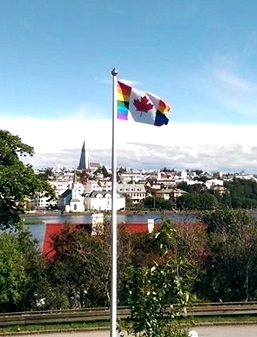
“Yes, we are very excited about that. We have been here since October 2012 and normally these posts last for three years but now we will be staying until the summer of 2016 and we feel very honoured and grateful for that.“
There has been a lot of discussion lately about the lack of a gay scene in Iceland, what do you think of that?
“I used to say that about Ottawa too and in a way we have to be happy about that. I‘ve lived in London and Washington where there are definitely gay ghettos but I think it‘s probably the function of tolerance and acceptance in the society that neither Reykjavík nor Ottawa has a big gay scene, it‘s because gays are everywhere and it‘s quite normal and nobody cares. So in a way we have to be very happy and proud about that. You see it in the Reykjavík Pride Parade where everybody‘s mothers and sisters and brothers and children take part, and that has to be a sign of achievement.
But at the same time I think it also should serve as a source of strength and courage and solidarity for us, and help us to not forget the fact that just because we have achieved certain things – and I‘m not saying we have achieved everything, just look at the way transgender people are dealt with both here and in Canada and everywhere – there are so many places in the world where people have no where near the acceptance and rights that we have. There is a lot of work to be done yet. Of course we should celebrate our achievements and be very proud but we should also use that energy to keep working on these unfinished things, whether it‘s at home or abroad.“
